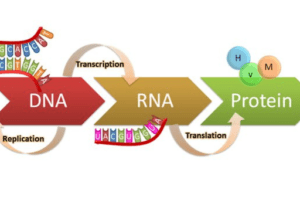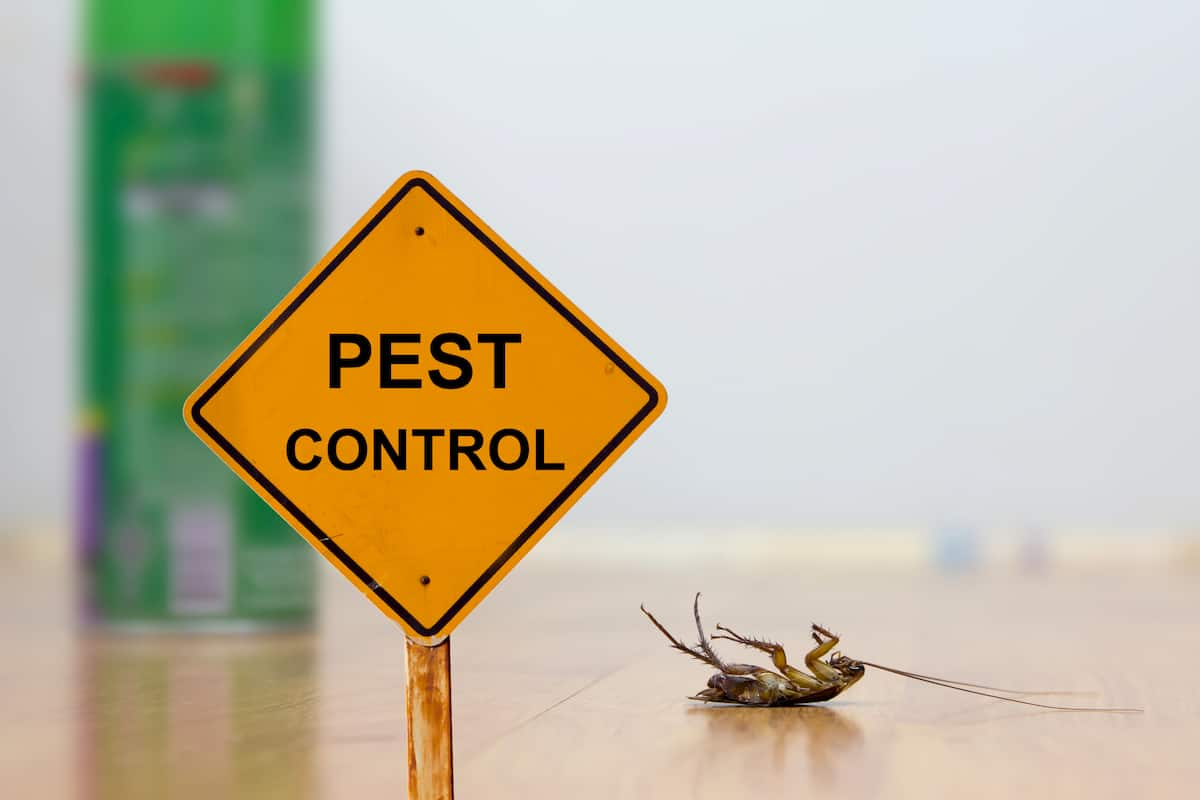Imagine walking past a dumpster and seeing a swarm of flies buzzing around it. Not only is it gross, but it also means that there’s probably food waste inside, which can attract even more pests. These unwanted visitors can contaminate food, damage property, and even pose health risks. That’s why it’s important to know how to keep pests away from outdoor dumpsters, especially those near restaurants and other food businesses.
Key Factors Contributing to Pest Attraction
Outdoor dumpsters are like buffet lines for pests. They offer a combination of factors that make them irresistible:
- Food Waste: Leftovers, scraps, and spilled food are a feast for pests. Even small amounts can attract a variety of critters.
- Odor: The strong smell of food waste is a powerful beacon for pests. It can draw them from a distance, making it difficult to keep them away.
- Easy Access: Dumpsters with loose-fitting lids or no lids at all are wide-open invitations for pests. They can easily climb inside and feast on the food waste.
- Shelter: Nearby vegetation, structures, or debris can provide hiding places for pests. These sheltered areas make it easier for them to breed and thrive.
- Warmth: Dumpsters can trap heat, especially during the day. This warmth provides a comfortable environment for many pests, making them more likely to stay and reproduce.
- Moisture: Leaky dumpsters or standing water near them can create ideal conditions for pests like cockroaches and flies.
All of these factors work together to make dumpsters extremely attractive to pests. It’s important to address all of them to effectively deter infestations.
One of the most effective ways to deter pests from outdoor dumpsters is through regular cleaning and maintenance. Here’s a breakdown of key strategies:
Empty Dumpsters Frequently
- Prevent Overfilling: Overfilling can lead to food waste spilling out, attracting pests.
- Minimize Odors: A full dumpster can emit strong odors that are particularly appealing to pests.
- Reduce Accessibility: A full dumpster can be more difficult to close securely, providing easier access for pests.
Clean the Dumpster
- Scrub Interior and Exterior: Remove any food residue or stains that could attract pests.
- Eliminate Odors: Scrubbing can help eliminate odors that might otherwise draw pests.
- Use a Disinfectant: A disinfectant can help kill any bacteria or germs that might be present.
Maintain the Surrounding Area
- Remove Debris: Debris can provide hiding places for pests, so it’s important to keep the area around the dumpster clean.
- Trim Vegetation: Overgrown vegetation can also provide shelter for pests.
- Seal Cracks and Holes: Any cracks or holes in the dumpster or surrounding area can be entry points for pests. Sealing them can help prevent infestations.
By following these steps, you can significantly reduce the attractiveness of your dumpster to pests and help to prevent infestations.
Professional Pest Control
Sometimes, even the best DIY pest control efforts may not be enough. If you’re dealing with a severe infestation or ongoing pest problems, it’s often best to seek professional help.
Regular Inspections
- Early Detection: Regular inspections by a professional pest control company can help identify potential pest problems early on.
- Preventative Measures: By identifying potential issues early, preventative measures can be taken to avoid a full-blown infestation.
Targeted Treatments
- Specialized Knowledge: Professional pest control companies have the specialized knowledge and experience to identify specific pest species and choose the most effective treatment methods.
- Effective Solutions: They can use targeted treatments that are safe for humans and pets, but lethal to the pests.
- Ongoing Management: For persistent pest problems, professional pest control companies can provide ongoing management plans to keep infestations under control.
They can provide tailored solutions and ensure that the problem is resolved effectively and efficiently.
Conclusion
Effectively deterring pests from outdoor dumpsters requires a multi-faceted approach. By addressing key factors that attract pests, such as food waste, odor, accessibility, habitat, temperature, and moisture, you can significantly reduce the risk of infestations.
FAQs about Deter Pests from Outdoor Dumpsters
Q: How can I prevent pests from accessing my dumpster?
A: Here are some effective strategies:
- Frequent emptying: This prevents overfilling and minimizes odors.
- Regular cleaning: Scrub the dumpster to remove food residue and eliminate odors.
- Proper maintenance: Keep the surrounding area clean and free of debris.
- Secure lids: Ensure the dumpster lid is always tightly closed.
- Pest-resistant materials: Consider using pest-resistant materials for the dumpster or its enclosure.
Q: What are some natural pest deterrents for dumpsters?
A: Natural deterrents can help repel pests:
- Essential oils: Peppermint oil and cedar oil can deter rodents and insects.
- Vinegar: Diluted vinegar can be sprayed around the dumpster to repel pests.
- Ammonia: A strong ammonia solution can also deter pests.
Q: When should I consider professional pest control?
A: If you’re dealing with a severe infestation or ongoing pest problems, professional pest control is often the best solution. They have the expertise to identify specific pests and apply targeted treatments.
Q: Can I prevent pests from reaching my dumpster by placing it in a specific location?
A: Yes, proper placement can help. Place the dumpster away from buildings, vegetation, and water sources. Consider using a concrete pad to reduce access.
Q: Are there any additional precautions I can take to protect my property from pests?
A: Yes, here are some additional tips:
- Regular inspections: Look for signs of pests, such as droppings or damage.
- Secure food waste: Keep food waste in airtight containers before disposal.
- Avoid leaving food scraps outside: This can attract pests to the area.







